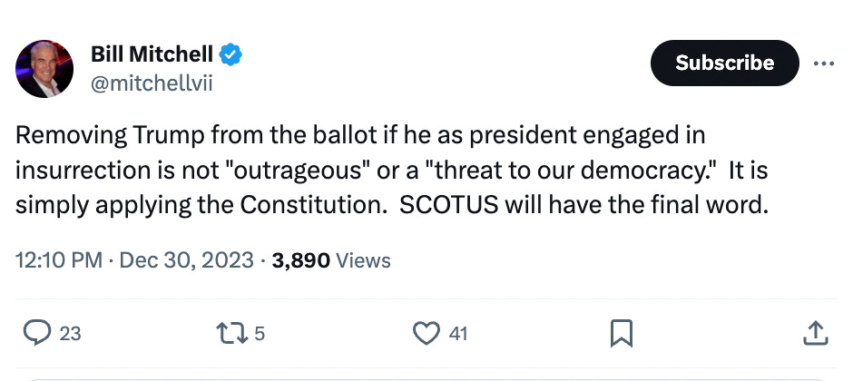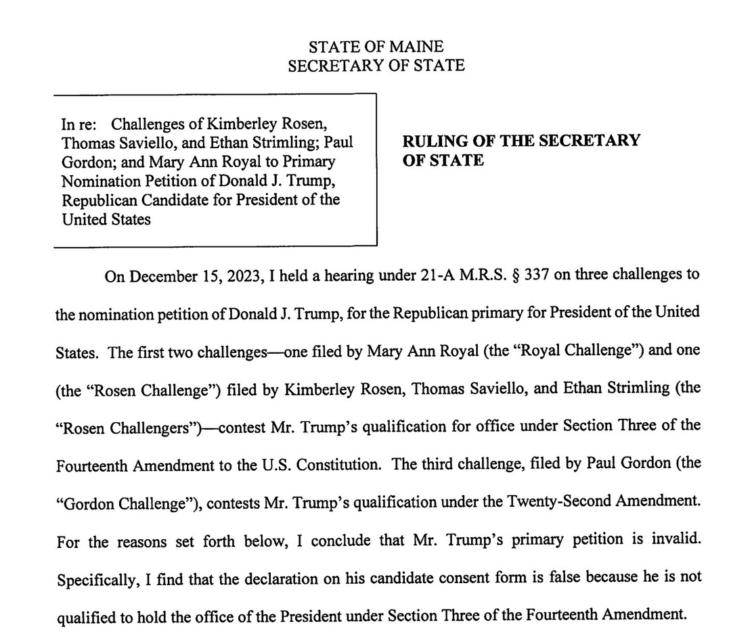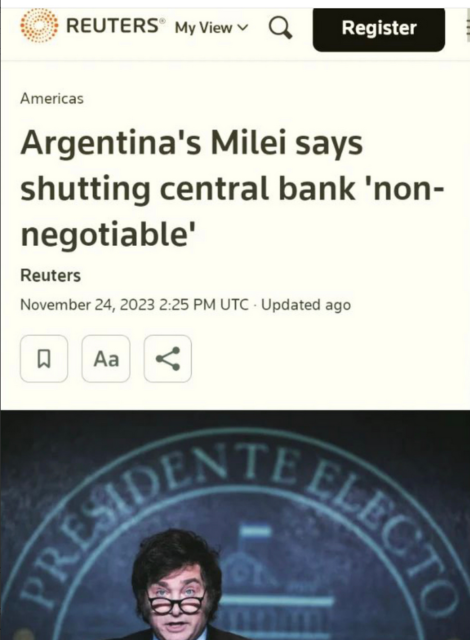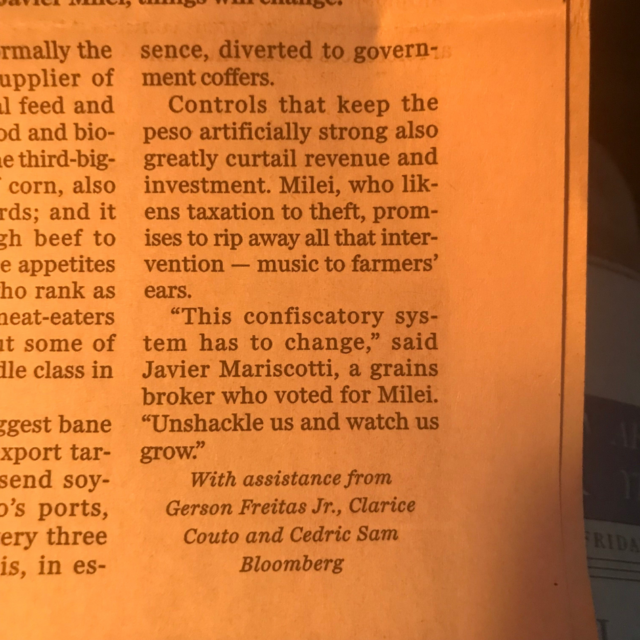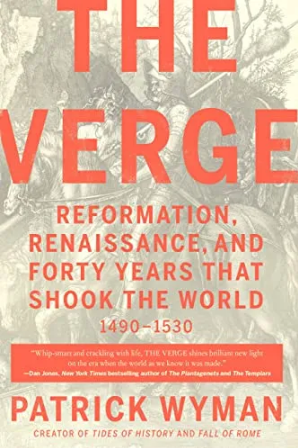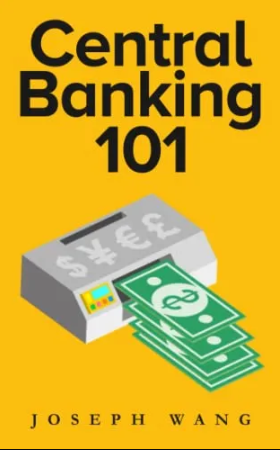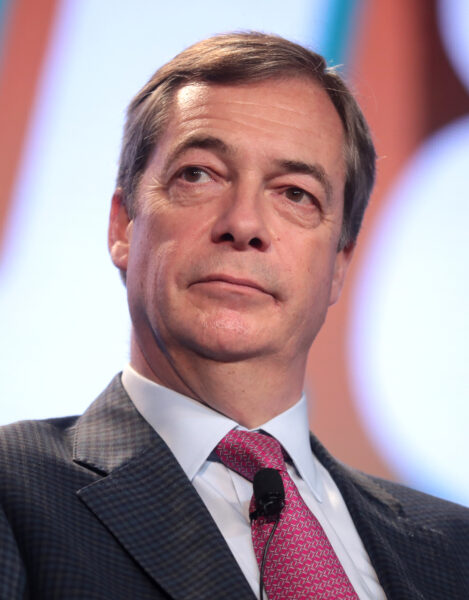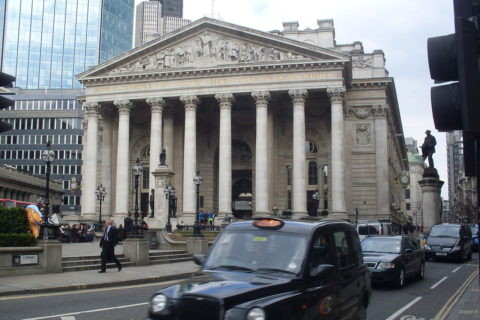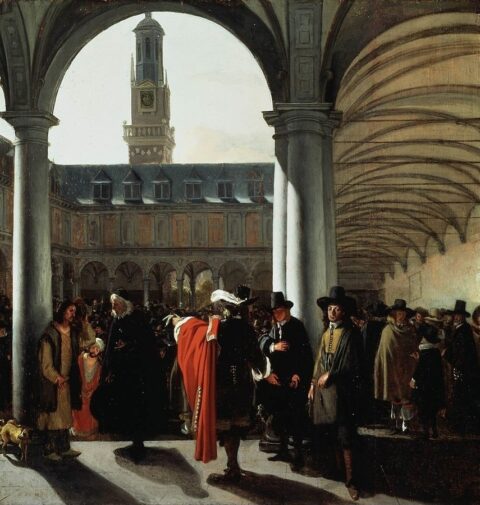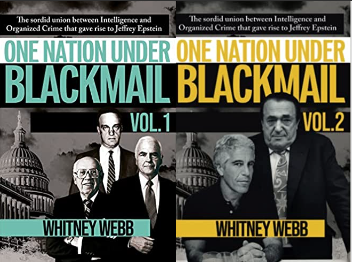Kulak talks about an old Canadian TV show episode and how the lessons learned could be (and arguably are already being) used to undermine any western welfare state:
In a show that had helicopter escapes, motorcycle chases, modded out James Bond spy cars, teenage money forgers, veteran jewel thieves, super hackers, aviation engineer super smugglers … This one stood out for its nigh stupid simplicity.
He treated bank robbery as a literal door to door business.
Gilbert Galvan’s great innovation wasn’t any innovation, it was stripping bank robbery itself down to its barest essentials. And then repeating it at scale. To the point where he could rob one bank, and then rob the bank across the street whilst police were still in the first investigating (literally! this was how they found out he existed).
He’d line up with the rest of the customers, wait his turn, approach the teller, and then quietly show her his pistol before demanding the money, and WALKING out the front door of the bank, the person behind him in line never knowing that the robbery had even happened.
The limitation was of course he never hit the safe, and only got one teller’s worth of cash, about 5-20k per robbery (1980s dollars, so double or triple modern dollars), but wearing elaborate theatrical disguises for every heist the chance of of him ever being tracked down were effectively Zero. And needing only one man, there was no accomplice to rat him out.
He carried out FIFTY heists this way, and to this day this remains the greatest lesson I’ve learned from the show… The devastating effect of simple marginally effective things, done at scale. It’s certainly served me well marketing this blog.
Now apply this lesson to the modern Cradle to Grave Total State
Since the Trudeau government funded media started promoting a blood libel against Christian church run Residential schools, falsely alleging ground penetrating radar had found “mass graves” at the site of the schools from the first half of the 20th century, over 100 churches have been attacked or burned in Canada.
Whilst the first few fires were probably set by the same person in British Columbia, once it became a national story with political valence disaffected copycats quickly sprung up around the nation. There is basically a zero percent chance the vandals on one end of the country know or have ever met the vandals on the other side. And basically no way that catching even one group of vandals or arsonists would stop the attacks.
Now I would like you to imagine the implications for civil strife in the US, and western welfare states, when this starts happening to government offices or schools which get embroiled in LGBTQ or Childhood transition scandals.
Remember that the average public elementary or high school has 1000+ students in it, the bottom 10-20% of whom absolutely despise the place. People always wonder at how many mass shootings there are in the US, I’m always shocked at how few there are. there are 40,000 suicides a year in the US, and while the numbers are hard to grab at least 10,000 of those are youth suicides. That so few decide to take classmates with them always struck me as bizarre, given human beings have killed 100s of millions of each other in the past 100 years, but then isn’t it also interesting the number of mass shootings has risen so rapidly since Columbine and the media cycle popularization of it public conciousness?
Likewise half a million Americans are treated for self inflicted injury every year, of which over 100k are Youth, and 424,000 youth are arrested on some crime or other every year.
I’m going to call it right now:
In the next 5 years someone out there, might be in America, might be Europe, is going to start burning down schools for some ideological reason, we might never even know why if they are never caught.
And At that point copycat school burnings will become one of the most dramatic and prominent trends in western life as it’s quickly copied around the western world. In the past 3 years of those 100 Canadian churches vandalized, 33 burnt right to the ground (10 per year). If you assumed the same number with no boost from all the students/parents who despise their school or maybe even feel mortal danger from them, that’d still be (population adjusted) something like 100 schools per year burning in America, probably til the end of time. Assuming those government buildings have the usual ludicrous construction costs of 20ish million … that’d be about 2 billion dollars per year in lost buildings, which lets be honest probably won’t get replaced in a timely manner.
There are 97,500 public schools in America, assuming just that Canadian Church burning rate of attacks that’d be more than 1% of American public schools gone in a decade.




